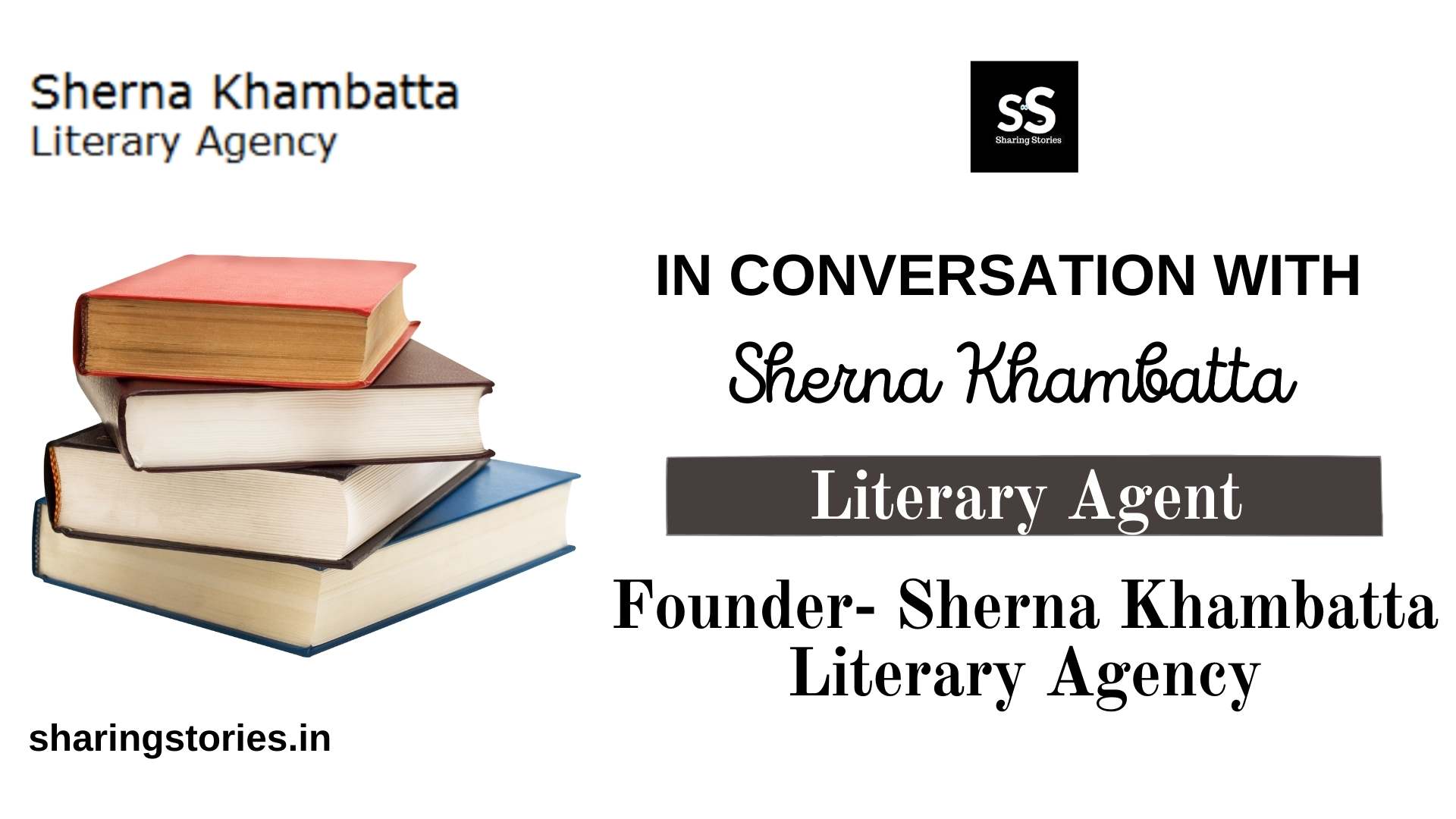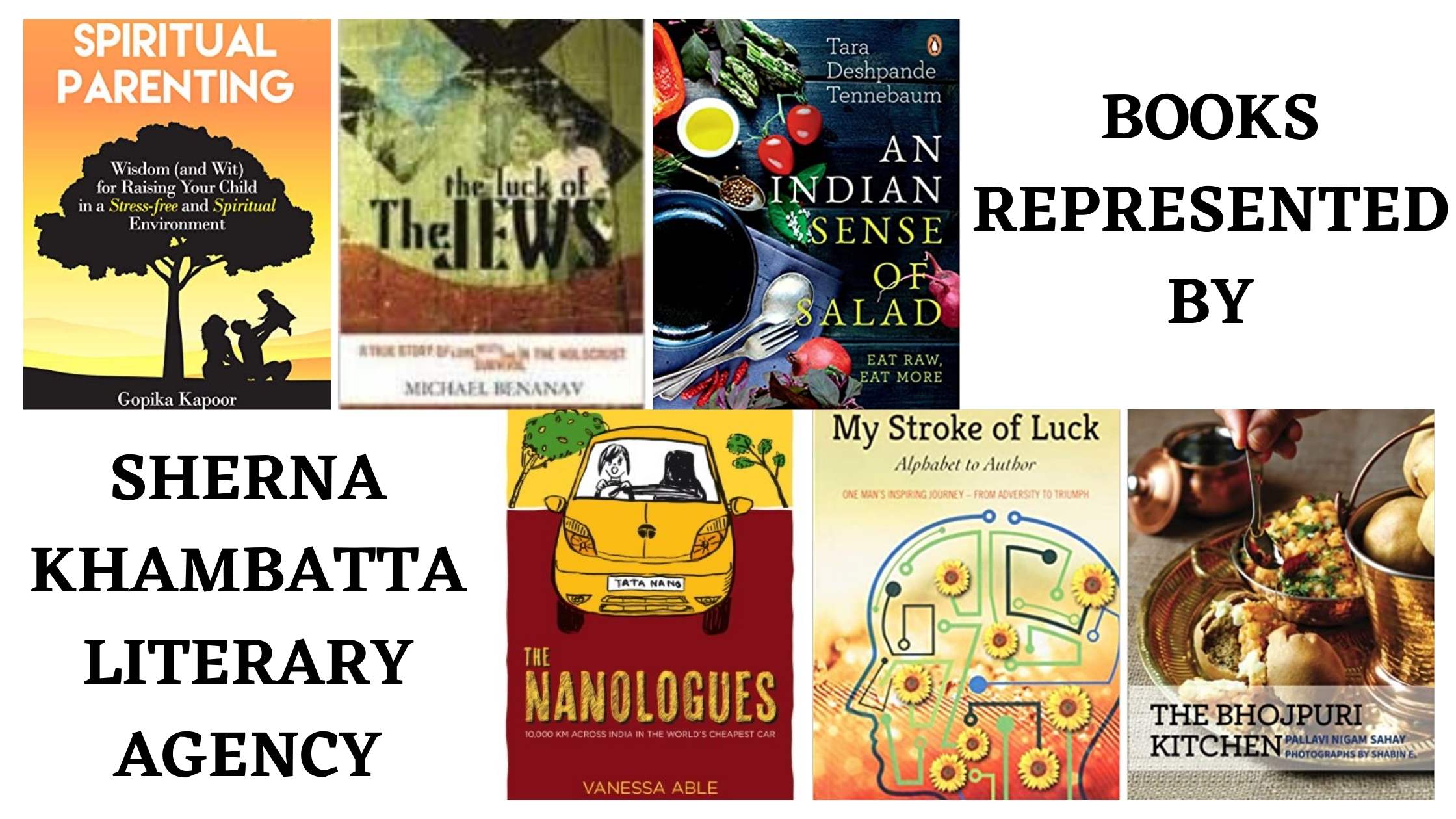
In traditional publishing, the work has to be selected for publication wherein in the self publishing model anyone’s work can be published. Traditional publishers pay for the editing, production of the book, support marketing and pay authors royalty on book sales whereas in self publishing – the author does all of the above on his own or pays for a self-publishing platform for their service.
I don’t see any difference in the role of an agent working with either a physical book, ebook or audiobook
The uniqueness of the story, the grammar, writing style and whether there is a market for the said title.
I personally prefer working with non-fiction – to me the storyline matters, the writing style and grammar and also I need to read the text over and over again so if it’s topic that I’m personally uncomfortable with or doesn’t hold my interest it’s difficult to do justice to the book.

Marketing books comes under the purview of the publishers and is not part of what an agent traditionally does. We do help with getting the book as much visibility as possible with our network in the media and on social media but it’s not part of the job description. In terms of marketing for young authors, I would suggest word of mouth, growing a base on social media, attending literary festivals and online events.
I have a masters in publishing, as an agent my role is to liaise between an author and publisher to get the best deal for them and make the publishing process as smooth as possible with a version of the book that lets it shine. My focus is on non-fiction though I do take on a very few fiction titles.
In India, I’d like to see more structure in the industry as well as a bigger space for regional languages and translation of the same. Globally I think there needs to be more diversity in the industry showcasing the world in a more integrated manner.
Since I don’t work with children’s books I’m not familiar with new books but here are a list of books that I read as a child that encompass stories of compassion, resilience and kindness.
The Little Prince by Antoine de Saint-Exupéry
“The Ugly Duckling” Hans Christian Andersen.
Winnie-the-Pooh by A. A. Milne
The elf and the shoe maker by Jacob Grimm and Wilhelm Grimm
[everest_form id=”7046″]
Need Publishing Assistance?